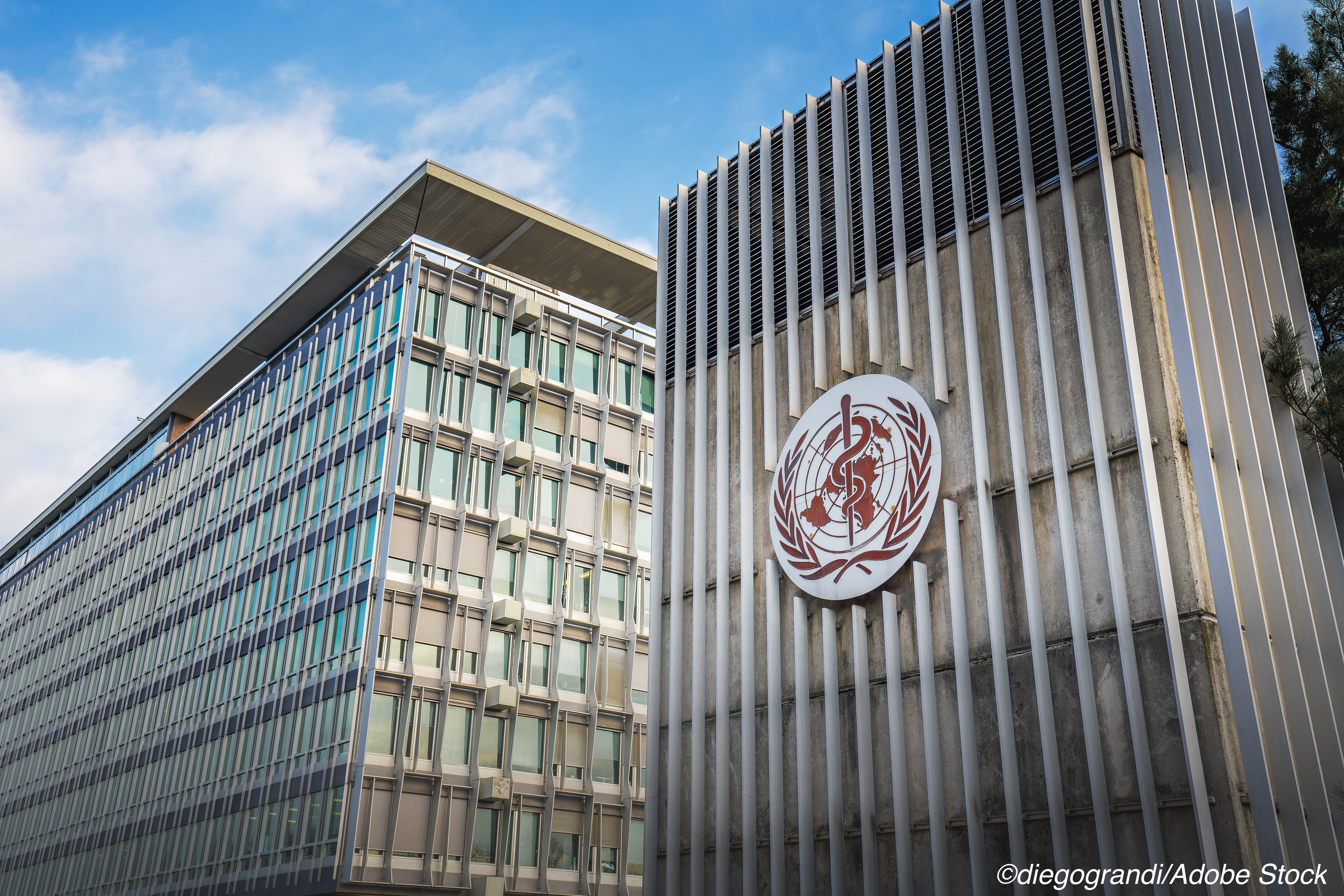 Covid-19 treatment regimens including remdesivir or other repurposed antiviral drugs were found to have no impact on survival among hospitalized patients in the World Health Organization’s open-label, global Solidarity trial.
Covid-19 treatment regimens including remdesivir or other repurposed antiviral drugs were found to have no impact on survival among hospitalized patients in the World Health Organization’s open-label, global Solidarity trial.
In peer-reviewed trial findings, published in the New England Journal of Medicine, researchers concluded that there was “little or no effect on hospitalized patients with Covid-19” associated with remdesivir, hydroxychloroquine, lopinavir or interferon β-1a treatment in terms of overall mortality, ventilation need, and duration of hospital stay.
The study included 11,330 adults treated for Covid-19 between March 22 and Oct. 4 at 405 hospitals in 30 countries.
“For each of these four repurposed nonspecific antivirals, several thousand patients have now undergone randomization in various trials,” wrote the WHO Solidarity Trial Consortium writing committee.
“The unpromising overall findings from the regimens tested suffice to refute early hopes, based on smaller or non-randomized studies, that any of these regimens will substantially reduce inpatient mortality, the initiation of mechanical ventilation or hospitalization duration.”
Remdesivir became the first and only drug approved by the U.S. Food and Drug Administration for the treatment of hospitalized patients with severe Covid-19 in mid-October. An Emergency Use Authorization was issued in early May for the same purpose.
In an editorial published with the Solidarity trial findings, Daniel Rubin, PhD, and colleagues from the FDA’s Center for Drug Evaluation and Research defended the decision to approve remdesivir as a treatment for severe Covid-19.
They noted that the approval was based on phase 3 results from the National Institutes of Health (NIH)-sponsored ACTT-1 trial and two supportive studies, which showed a significant improvement in median time to recovery in remdesivir-treated patients hospitalized with Covid-19.
The median time to recovery in the overall ACTT-1 cohort receiving remdesivir was 10 days versus 15 days in patients receiving placebo (recovery rate ratio, 1.29; 95% CI, 1.12-1.49: P<0.001).
They added that the failure in the Solidarity trial to show a significant improvement in in-hospital mortality associated with remdesivir use was not unexpected.
“This finding is not inconsistent with ACTT-1, which also did not establish a mortality difference between remdesivir and placebo. However, ACTT-1 did demonstrate robust results on time to recovery and odds of clinical improvement in a placebo-controlled, double-blind trial, whereas Solidarity was not designed to rigorously assess these end points,” Rubin and colleagues wrote.
They concluded that the approval of remdesivir “marked an important step toward addressing the needs of patients with Covid-19.”
“Nonetheless, the absence of a demonstrated survival benefit highlights the need for continued therapeutic development,” Rubin and colleagues wrote.
The Solidarity trial included patients randomized to receive remdesivir (n=2,750), hydroxychloroquine (n=954), lopinavir (n=1,411) or interferon (n=2,063, including 651 treated with interferon + lopinavir), or no trial drug (n=4,088).
The intention-to-treat primary analyses examined in-hospital mortality in the four pairwise comparisons of each drug and controls (drug available but patient assigned to same care without the drug). Rate ratios for death were calculated with stratification according to age and status regarding mechanical ventilation at study randomization. Protocol adherence was 94% to 96% midway through treatment.
A total of 1,253 deaths occurred among the cohort of just over 11,300 patients (median time to death, 8 days after hospitalization; interquartile range, 4 to 14 days).
Twenty-eight day mortality was 11.8% among the entire study population, and 39% among patients receiving ventilation at randomization.
Among patients included in the final analysis, deaths occurred in:
- 301 of 2,743 patients receiving remdesivir, compared to 303 of 2,708 controls (rate ratio, 0.95; 95% CI, 0.81-1.11; P=0.50)
- 104 of 947 patients receiving hydroxychloroquine, compared to 84 of 906 controls (rate ratio, 1.19; 95% CI, 0.89-1.59; P=0.23)
- 148 of 1,399 patients treated with lopinavir and 146 of 1,372 controls (rate ratio, 1.00; 95% CI, 0.79-1.25; P=0.97)
- 243 of 2,050 patients treated with interferon versus 216 of 2,050 control patients (rate ratio, 1.16; 95% CI, 0.96-1.39; P=0.11).
Subgroup analysis showed no significant reduction in mortality, reduced ventilation or hospital stay duration for any subgroup analyzed.
A study limitation in the open-label design involved possible time-to-discharge bias, given that patients who were well enough to be discharged may have been kept in the hospital to continue their trial participation.
The WHO S Trial writing group noted that while the placebo-controlled ACTT-1 trial avoided this bias, the remdesivir arm of the ACTT-1 study had a higher proportion of lower-risk patients than the placebo arm.
“This chance imbalance might account for some of the differences in time to recovery between ACTT-1 and the Solidarity trial,” they wrote.
They added that the chief aim of the Solidarity trial “was to help determine whether any of four repurposed antivirals could at least moderately affect in-hospital mortality.”
“Its results should be considered in the context of the evidence on mortality from all trials, but for remdesivir and for interferon it provides more than three fourths of that evidence,” the researchers wrote.
They added that stratification of the findings according to initial respiratory support “facilitates allowance for the remdesivir group in ACTT-1 having, by chance, started with a greater proportion of low-risk patients and a smaller proportion of high-risk patients than the placebo group.”
“The stratified rate ratios for death in the Solidarity trial and ACTT-1 are compatible with each other, and either singly or together they are compatible with there being little or no effect of remdesivir on mortality.”
- Regimens including the antiviral drugs remdesivir, hydroxychloroquine, lopinavir, and interferon had little effect on overall mortality among patients hospitalized for Covid-19 in the WHO’s global Solidarity trial.
- Treatment regimens including one or more of the antiviral drugs were also not associated with significant reductions in ventilation and hospital stay duration.
Salynn Boyles, Contributing Writer, BreakingMED™
This research was funded by the World Health Organization.
Cat ID: 190
Topic ID: 79,190,190,926,192,927,151,928,925,934


